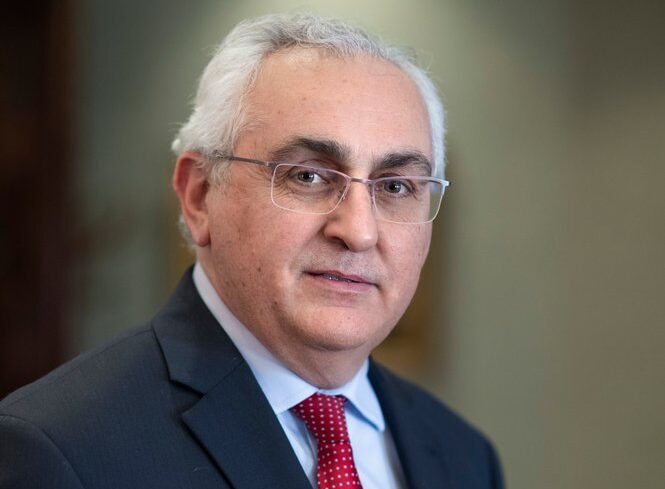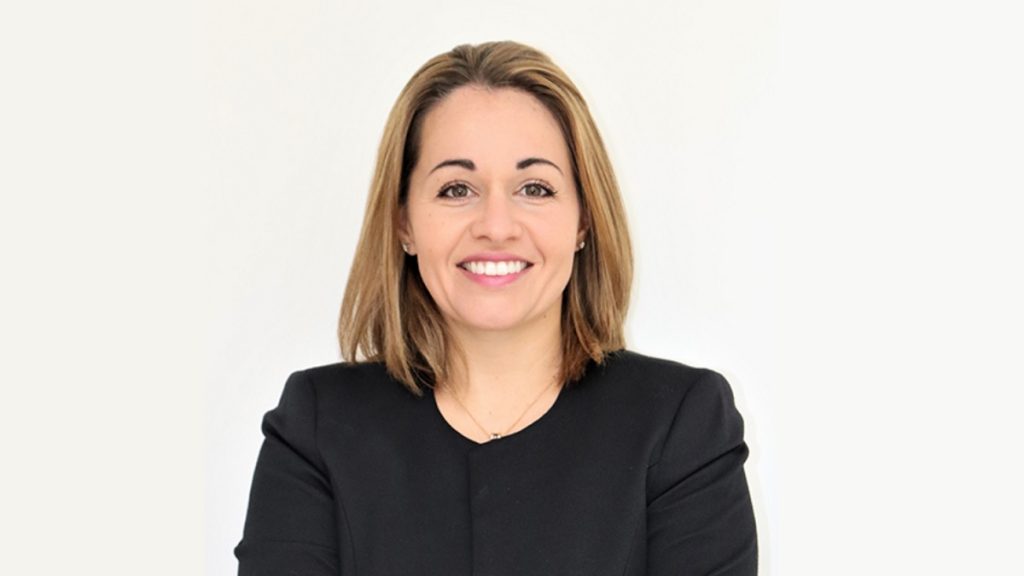“Malta stands well-positioned for steady growth but should not remain complacent,” stated Acting Governor of the Central Bank of Malta, Alexander Demarco, during his keynote speech at the annual dinner of the Institute of Financial Services Malta on Friday (today).
Addressing an audience of financial professionals, Mr Demarco delved into pressing economic issues, from inflation trends to the need for sustainable growth strategies.
Disinflation and monetary policy in the Eurozone
Global disinflation has progressed broadly, driven not only by declining energy prices but also by easing supply chain bottlenecks. In the euro area, inflation has declined significantly, prompting the European Central Bank (ECB) to lower policy rates three times this year.
Despite this, Mr Demarco emphasised, “At the current level, the monetary policy stance remains restrictive,” highlighting the potential for further rate cuts as the ECB adopts a cautious, meeting-by-meeting approach.
Malta has also benefited from the global disinflation trend, with Harmonised Index of Consumer Prices (HICP) inflation dropping to 2.4 per cent in October.
However, Mr Demarco urged caution in light of geopolitical tensions, trade fragmentation, and the transition to a green economy, all of which pose potential risks to stability.
Productivity, fiscal discipline, and financial stability
While Malta’s fiscal deficit is narrowing toward three per cent of GDP and Government debt remains below 60 per cent, the Acting Governor called for more decisive action.
He noted that fiscal consolidation efforts could be bolder, to create buffer space for future shocks, recommending targeted subsidies and a focus on expenditure that bolsters productivity and innovation.
On the financial stability front, Malta’s banking sector continues to perform well, with solid capital and liquidity levels.
Banks have achieved higher profitability, driven by property-related lending and increased net interest income.
However, Mr Demarco cautioned against over-reliance on real estate. “The Bank has already made its intention clear that it will strengthen its policy approach regarding concentration and cyclical risks emanating from the real estate sector,” he stated.
Adapting to an evolving financial landscape
Mr Demarco acknowledged the rapid evolution of the financial services sector, with non-bank financial institutions (NBFIs) and fintech firms expanding their influence.
While these entities drive innovation and competition, they also introduce new risks. European regulators are exploring the implementation of macroprudential tools for this sector. Practitioners “remain the first line of defence,” Mr Demarco highlighted, calling for vigilance to manage these emerging challenges.
Strengthening Malta’s capital market
Malta’s capital market has untapped potential to support the financing needs of businesses, particularly in addressing climate change and technological advancements, he added.
The Acting Governor proposed enhancing transparency through measures such as private debt issuer ratings and mandatory sinking funds, which could bolster investor confidence. He also underscored the importance of adopting sustainable finance mechanisms to support Malta’s transition to a greener economy.
Concluding his address, Mr Demarco reiterated the need for productivity and innovation as the driving forces behind sustainable economic growth. “Economic agents, including policymakers, need to keep their focus on measures and investments that positively impact productivity and innovation,” he said.
Featured Image:
Alexander Demarco / centralbankmalta.org
Men still dominating Malta’s boardrooms
The gender imbalance across Malta’s corporate landscape remains striking.
Lara Falzon appointed CEO of Yolo Group’s B2B Brands
The experienced executive said the firm has 'enormous potential for innovation, strengthening partnerships and scaling across global markets'
Why The Phoenicia Malta is the perfect setting for summer events
The Phoenicia Malta blends five-star elegance with award-winning cuisine and exceptional hospitality to create the ideal setting for group events ...
Sophie-Ann Busuttil appointed Director at Luxury Living Technologies following tragic loss of her father
For the last two years she has served as head of the group’s Luxury Living Sustainable Hospitality Company.









